UP TO THE MINUTE
The intersection of resiliency and sustainability
October 11, 2025 at 6:00 a.m.By Emma Peterson.
Explore the overlap between resilient design and sustainable construction with Alan Scott of Intertek.
In a new episode of the Contractor Outlook Newscast, Heidi J. Ellsworth got the chance to chat with Alan Scott, the director of sustainability at Intertek. Alan’s career began as an architect and he has over 25 years of experience as a sustainability consultant. As for Intertek, they are a global company that inspects, tests and certifies products for quality assurance. Alan explained more about how they work with the built environment, saying, “Our building and construction division works on quality assurance in the built environment, things like geotechnical and environmental services, as well as concrete testing and rebar inspections and building science, where we work on consulting, inspection and testing for high-quality building enclosures.”
One of the big factors that Alan and Intertek look for in building enclosures when inspecting them is resilience. Alan elaborated on what they mean by that, saying, “In the built environment space that we're talking about today, resilience refers to the physical and operational measures that you can put in place in buildings and infrastructure that increase its capacity to withstand and or recover quickly from adverse events like extreme weather events or natural hazards.” When you design with this idea of resilience in mind, you often end up getting benefits beyond just durability. Alan explained, “Resilience provides sustainability co-benefits and smart construction makes both of these more feasible.”
A great example of a sustainability co-benefit is embodied carbon. This refers to the “hidden” carbon impacts of creating a material, coming from things like transportation, operations and maintenance connected to the material, rather than the carbon emissions it creates post-installation. So, how does embodied carbon connect sustainability and resilience? Alan pointed out that “durability, which is part of resilience, means that we want to make sure that the materials we put in and the embodied carbon impacts they have aren't repeated multiple times. In other words, we don't want to lose buildings to damage from hazard events and subsequently have to throw that material in the landfill and put new building in.” This means that when you design a more resilient building, that won’t need replacement as frequently, you are also helping avoid excess embodied carbons from being created.
Another good example of how resilient design and sustainable practices interact is in the face of heat events. Alan explained, “A lot of extreme heat events are often accompanied by power outages, so we can't necessarily rely on air conditioning. So, a resilient building would be designed to be naturally thermally efficient and maybe with renewable energy systems, backup power and energy storage to provide thermal resilience in a heat wave when the power is out.” This has multiple added bonuses, including reducing the cost of operating the building and the carbon emissions of the building by lowering the energy use in the space.
At the end of day, it is inevitable that the path to creating a resilient building will intersect with the path to creating a sustainable space, leading to a variety of benefits, both economically and environmentally.
Listen to the full conversation or Watch the recording to learn more about resilient building design.

About Emma
Emma Peterson is a writer at The Coffee Shops and AskARoofer™. Raised in the dreary and fantastical Pacific Northwest, she graduated in 2024 from Pacific University in Oregon with a degree in creative writing and minors in graphic design and Chinese language. Between overthinking everything a little bit, including this bio, she enjoys watching movies with friends, attending concerts and trying to cook new recipes.



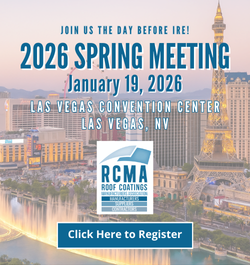

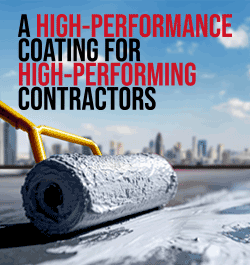


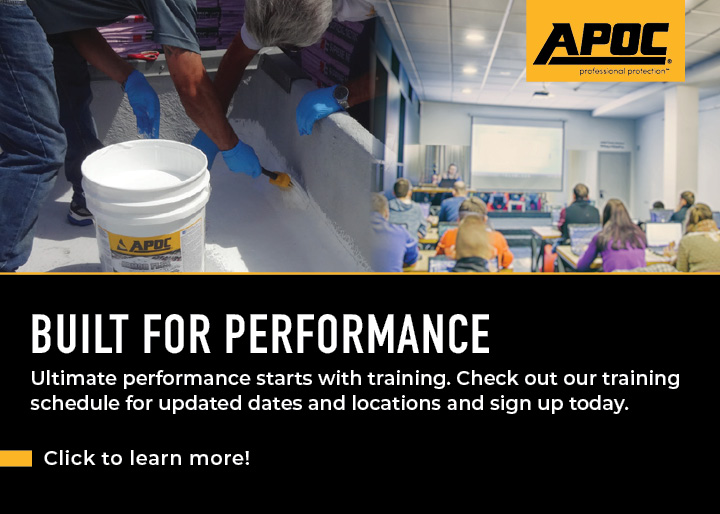



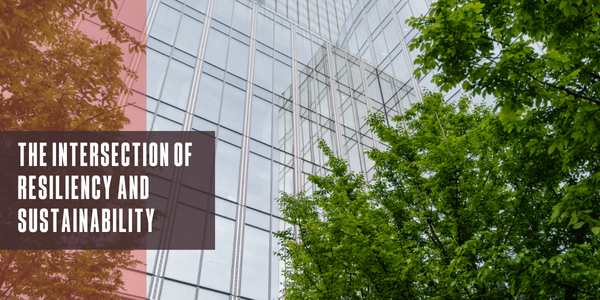
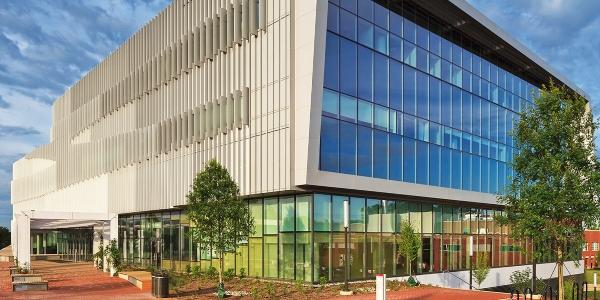
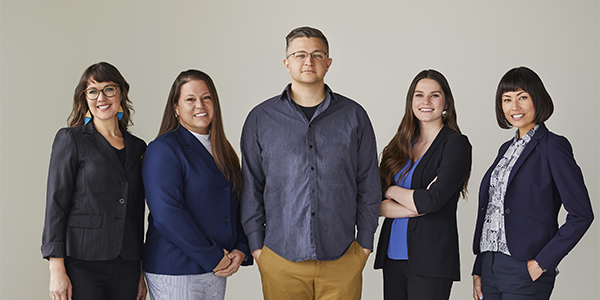






Comments
Leave a Reply
Have an account? Login to leave a comment!
Sign In